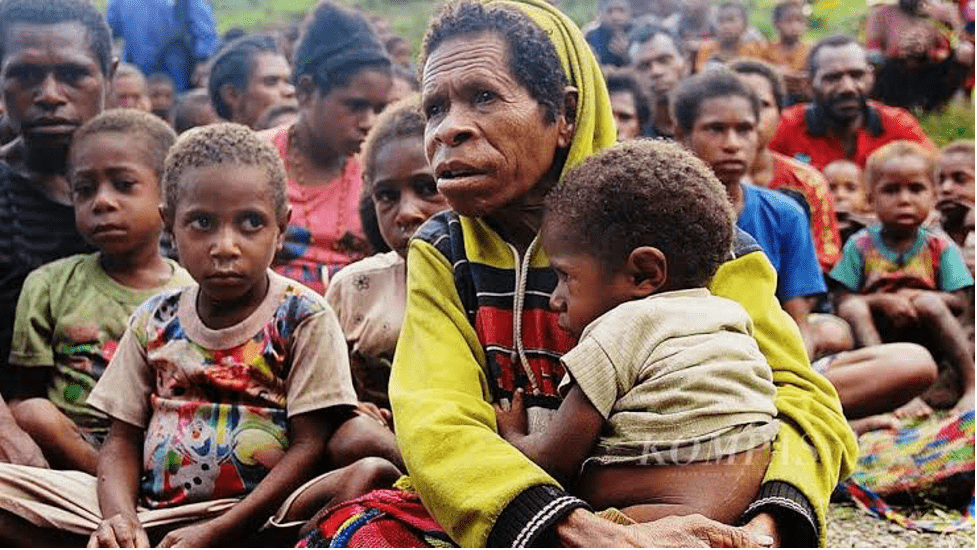Modernization has brought many significant changes around the world, including in South Papua. This region, which is rich in culture and tradition, is now facing the challenge of maintaining its identity amidst the strong currents of modernization. This article discusses how modernization has affected the traditional culture of South Papua, covering various aspects such as customs, language, arts, and lifestyle.
Traditional customs and rituals in South Papua, such as religious ceremonies, traditional dances, and traditional feasts, play an important role in the lives of local people. However, with the influx of modernization, many younger generations have started to abandon these traditions. They tend to adopt a more practical and efficient modern lifestyle. As a result, some of the customs and rituals that were once highly respected are now starting to be forgotten. For example, traditional ceremonies that used to be carried out very solemnly and took a long time are now often shortened or even abandoned.
The local language is one of the important identities of the people of South Papua. However, globalization and modernization have encouraged the use of Indonesian and foreign languages, especially English. Many young people are more fluent in Indonesian or foreign languages than in their local languages. This threatens the preservation of traditional languages that are rich in local history and culture. Without a conscious effort to preserve and teach local languages to the younger generation, these languages risk extinction.
South Papua’s traditional arts and crafts, such as Asmat wood carving and weaving, are an integral part of their culture.
Modernization has brought with it cheaper and more readily available manufactured products, reducing the demand for these traditional items. In addition, many local artisans have begun to abandon their traditional crafts in favor of more economically lucrative occupations. However, there are also efforts by the government and some non-governmental organizations to revive interest in traditional arts through exhibitions and training.
Modernization has also changed the lifestyle and social structure of the people of South Papua. What was once a life closely connected to nature is now being replaced by a fast-paced and individualistic urban lifestyle. In the villages, which were once communal and full of togetherness, there is now a shift in values towards more individualism. Traditional clothing is replaced with modern clothing, and traditional food is replaced with fast food. This modern lifestyle also brings with it health challenges, such as the increasing cases of modern diseases like diabetes and hypertension that were once rare.
Although modernization brings many challenges, there are also significant efforts from various parties to preserve the traditional culture of South Papua. Local governments are working with traditional institutions to integrate cultural education into the school curriculum. Local cultural festivals and art exhibitions are held regularly to revive people’s interest in their cultural heritage. Some communities also use modern technology, such as social media, to promote and educate people about the importance of preserving traditional culture.
Modernization has had a complex impact on traditional South Papuan culture. While some aspects of culture face serious threats, preservation efforts continue to ensure that this rich cultural heritage is not lost. The people of South Papua and their stakeholders must continue to adapt to changing times while maintaining and valuing their unique and valuable cultural roots. Thus, traditional cultures can continue to live and thrive amid inevitable modernization.


